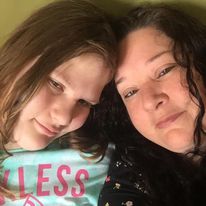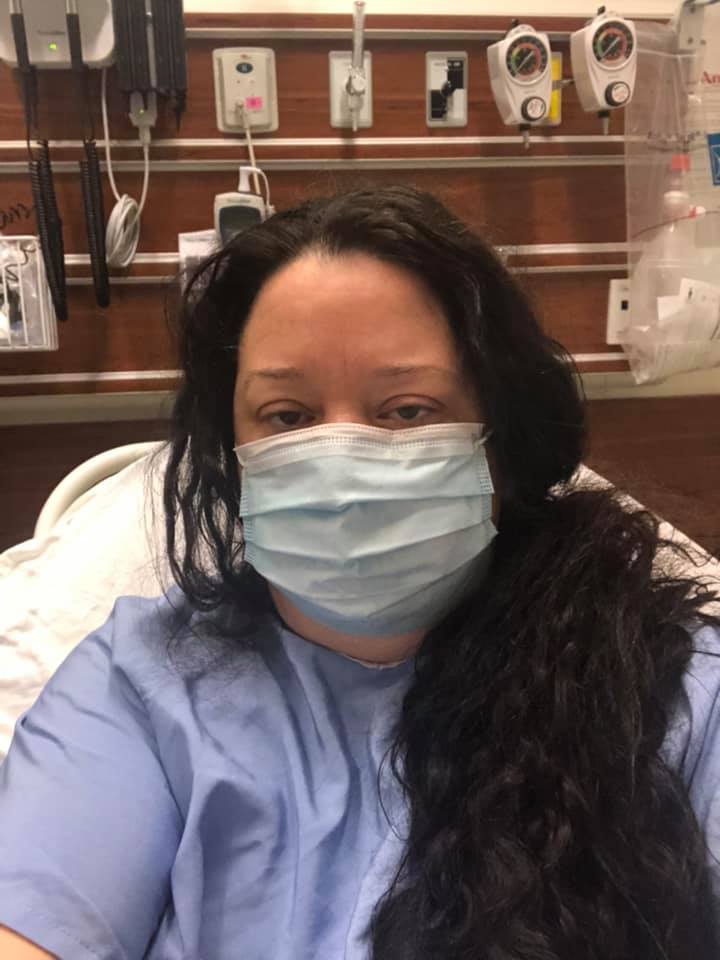A Surrey woman is desperately in search of a living kidney donor.

Jolene Smith has polycystic kidney disease. She spent Christmas day in hospital with her kidney function dropping to 15 per cent.
With advice from her nephrologist, the 46-year-old mother is trying to avoid dialysis, the optimal option in a living donor transplant.
“My children all have a 50 per cent chance of having the disease their self because it’s hereditary — none of them are able to donate to me,” said Smith.
Her husband can’t donate either because of health complications. He’s diabetic and facing his own obstacles, having had one-third of both feet amputated last year.
But it’s not just her own life she’s looking to save, she needs to care for other family members.

Get weekly health news
Smith said she’s her daughter’s main provider, and because of her husband’s condition, he wouldn’t be able to fully care for the 13-year-old.
“My daughter has brain injury from meningitis. Without me, she has to be in care, and we all know what that looks like. A child does not want to be in care. She deserves to be at home, loved and properly taken care of.”

And so the search continues.
“It’s not just my life you’re saving, you’re saving my daughter’s, too. She needs me. She will always be dependent on me.”
The director for the kidney transplant program at St. Paul’s Hospital says most people wait just over three years to get a kidney transplant.
Dr. Jag Gill says that period would start from the time they start dialysis.
“The main challenge really has always been that the supply of organs is not sufficient to meet the demand for transplantation. And the major way in which people are able to access organs that can be transplanted are either through individuals that are known to them — living individuals that are healthy enough to donate one of their kidneys,” said Gill.
More information on becoming Smith’s donor can be found through Vancouver General Hospital Living Donor Program at 604-875-5182
You can also visit the BC Transplant website.
- Health Canada warns of fake semaglutide drugs, cites ‘product safety’ risks
- Virtual reality helping Peterborough seniors connect, experience the world
- Endometriosis care delays force Alberta woman to seek help abroad: ‘Just want my life back’
- Flu cases, hospitalizations continue to fall after 3-year peak over holiday












Comments